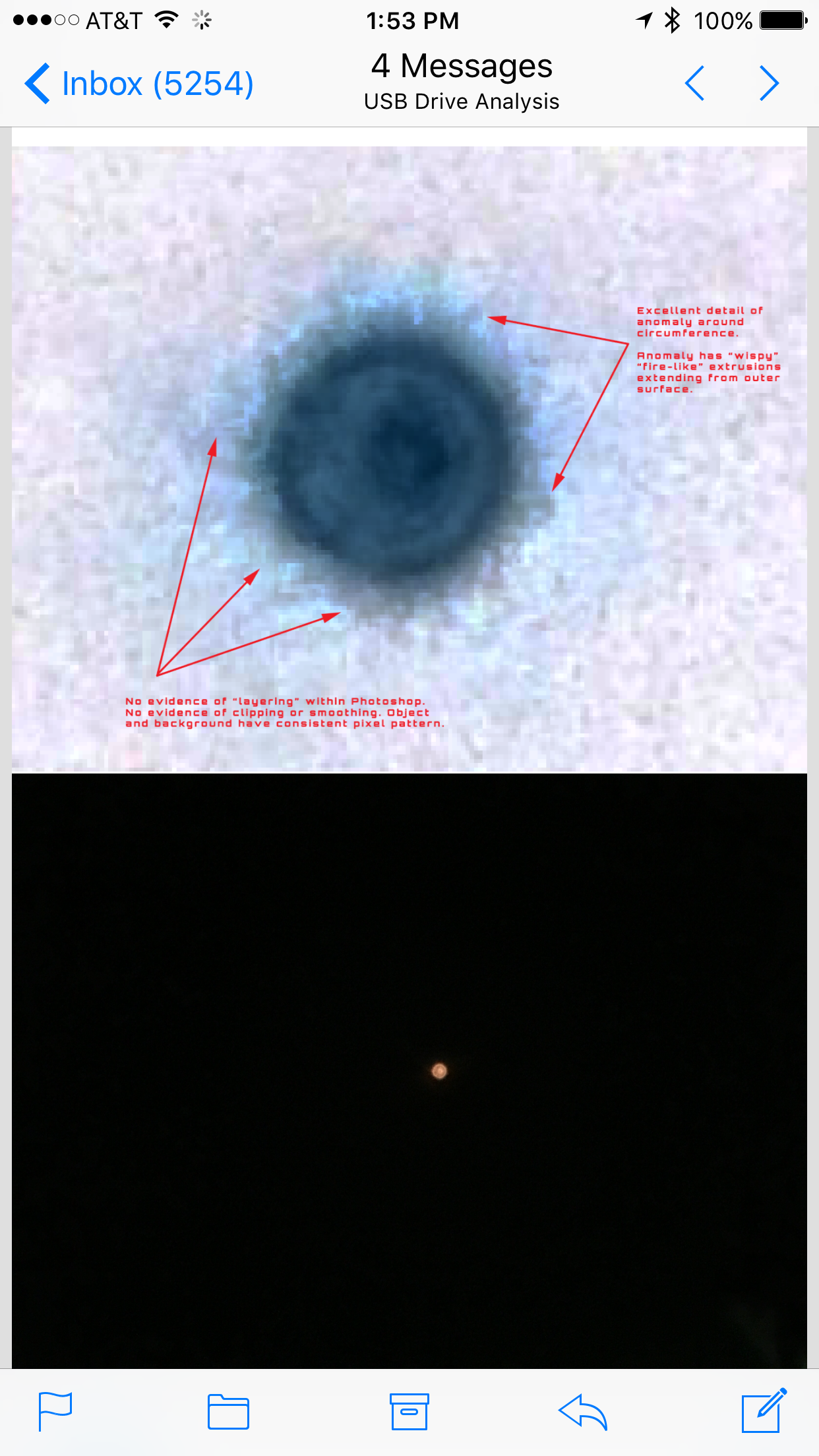
The Box” is a 2009 science fiction thriller film directed and written by Richard Kelly. The movie is based on Richard Matheson’s short story “Button, Button.” Set in 1976 in Virginia, the story revolves around Norma Lewis (Cameron Diaz) and her husband Arthur Lewis (James Marsden), who receive a mysterious box one day.
The plot takes a twist when a mysterious man (Frank Langella) informs them that he is the bearer of the box and presents them with a moral dilemma. If they choose to push the button on the box, someone they don’t know will die, but they will receive a substantial amount of money in return. As Norma and Arthur decide to press the button, they unwittingly become entangled in a series of mysterious and ominous events.
Now, delving into the additional layer of the narrative, it is revealed that the man who delivered the box is working for extraterrestrials. The enigmatic stranger is not human, but rather an emissary for an advanced alien civilization. He has been assigned the task of testing humanity’s moral fiber by presenting them with the moral quandary of the box. The aliens are using this test to gauge human behavior and morality.
Towards the end of “The Box,” the film conveys a powerful message that reflects on the consequences of human choices. As Norma and Arthur face the repercussions of their decision to press the button, the mysterious man, representing the extraterrestrial beings, reveals a deeper layer to the moral test.
In the film’s conclusion, it becomes apparent that those who make morally questionable choices, symbolized by pushing the button, will be subjected to an eternal punishment. The idea of an infinite hell serves as a cautionary element in the narrative, emphasizing the gravity of moral decisions. The film suggests that individuals who succumb to the temptation of personal gain at the expense of others will find themselves in a perpetual state of suffering.
Furthermore, the film implies that humanity exists in a state of limbo or “purgatory”. The term “purgatory” in theology refers to an intermediate place where individuals are neither in heaven nor hell. In the context of the film, it symbolizes the moral ambiguity and the consequences of being stuck between right and wrong.
Especially in these days when the possibility that UFOs could be angelic-like beings mentioned in religious texts is being debated, one of the most intriguing aspects of the film that caught my attention is a painting. The painting appears several times in the film, and in one instance, it is turned into a poster with a famous quote by Arthur C. Clarke added underneath: “Any sufficiently advanced technology is indistinguishable from magic.” – Arthur C. Clarke
Of course, I am aware that this is just a movie, but because it involves extraterrestrials, I wanted to delve a bit deeper. I was surprised to learn that the director of the film, Richard Kelly, had a father who was a former NASA employee. His father served in NASA in the 70s and 80s and was part of the Mars Viking Lander team.
I enjoy reading conspiracy theories, and when connecting the dots, the questions that comes to my mind are:
Could it be that the director is trying to convey a message to us?
Are we being subjected to some kind of test regarding making the right choices by higher powers?
Could the figures we perceive as angels or demons actually be beings with highly advanced technology?
I believe this is a discussion worth considering.
submitted by /u/nymar42
[link] [comments]